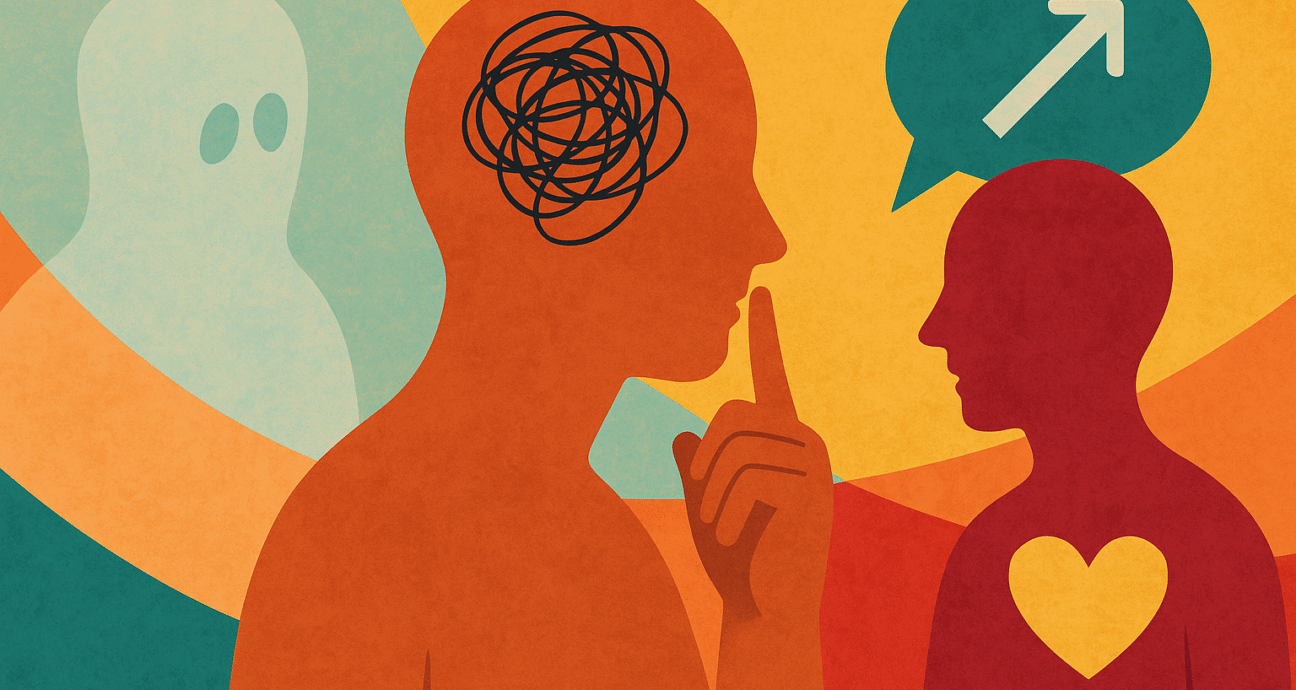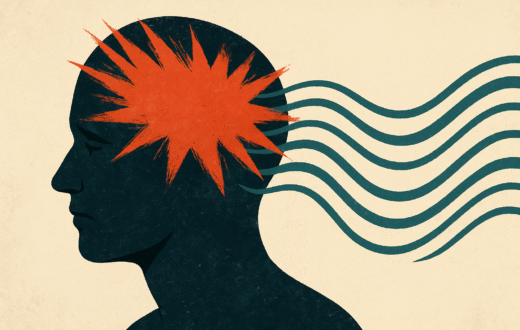Regulating Emotions: Unexpected Paths Toward Balance

Imagine sitting with a close friend when a simple remark suddenly brings up a personal issue you’d rather avoid. The thought lingers, filling your mind. You know that endlessly replaying worries, rumination, can worsen stress, but ignoring the thought feels impossible. Should you open up? Distract yourself? Or maybe do both?
A recent study led by Ashley Battaglini and colleagues at the University of British Columbia (2025) highlights that people regulate emotions in two ways: through personal strategies (emotion regulation, ER) or with the help of others (interpersonal emotion regulation, IER). While research has often focused on ER, combining it with IER offers new insights.
- ER typically takes the form of distraction or rumination. Distraction shifts attention to more pleasant topics, while rumination involves dwelling on negative thoughts. Surprisingly, the study found that although rumination initially increases stress, it can promote better processing and long-term relief, whereas distraction may only delay emotional recovery.
- IER, which involves sharing feelings with someone else, was shown to reduce biological stress markers after the initial impact, suggesting that confiding in others can provide both emotional and physiological benefits.
Practical Takeaways
- Facing stressful memories head-on can sometimes help more than suppressing them.
- Distraction may work temporarily, but deeper processing, especially when shared with someone you trust, creates more lasting emotional balance.
- Timing matters: escape briefly if needed, but revisit the issue when you feel ready to process it.
In short, turning toward your emotions rather than away from them and sharing them with others can be an unexpected but powerful path to resilience.





